In the aftermath of Donald Trump’s upset election, no foreign policy question looms larger than the fate of the Iran nuclear deal. That central component of President Barack Obama’s legacy has been the focus of Trump’s contempt on the campaign trail: his criticism of “that horrible deal,” as he dubbed it, has been blunt and non-specific, and unlike other leading Republicans (including, quite recently, Vice President-elect Mike Pence) has boastfully insisted he would renegotiate the bargain rather than tear it up. The agreement—concluded in July 2015 after more than a dozen years of talks—is suddenly in jeopardy once again.
The uncertainty around the Joint Comprehensive Plan of Action (JCPOA) is of course just one aspect of the recalibration of America’s approach to the world—a recalibration already underway after a divisive campaign. But it also underscores the agreement’s implicit vulnerabilities, particularly its reliance on executive authority in the absence of broad domestic buy-in or a wholesale resolution of the underlying antagonisms.
Trump’s Iran options
Trump’s overall approach to Iran betrays a characteristic combination of eclecticism and bombast. He has warned of dire consequences to Obama’s outreach to the country, saying “they are going to have nuclear weapons. They are going to take over parts of the world that you wouldn’t believe. And I think it’s going to lead to nuclear holocaust.” But he has also complained that American companies are shut out of post-deal economic opportunities in Iran, and suggested that Washington will need to cooperate with Iran as well as Russia in dealing with the Syrian civil war.
Trump’s surprise victory has generated speculation around the Iran deal that ranges from alarmism to denial. Richard Nephew, a nonresident senior fellow with Brookings’ Arms Control and Nonproliferation Initiative, described Trump’s election as “the end game for the deal,” noting the centrality of the executive branch in implementing American obligations—specifically, waivers that provide for U.S. sanctions relief that is required by the JCPOA. As a sanctions lawyer underscored, the entire edifice for American compliance with the deal “could be overturned with the stroke of a pen.”
On the other side of the spectrum are those—including the Iranians themselves—who highlight that the deal was negotiated by seven states and the European Union (not to mention endorsed by the U.N. Security Council); they insist it cannot be scuttled or renegotiated as a result of the unilateral preferences of one party.
Somewhere between these two extremes—the inevitable demise of the deal and its absolute immutability—lies the approach that the Trump administration is likely to adopt, deploying tactics aimed at intensifying pressure on Tehran across the board.
Escalation ahead?
Any predictions warrant some caveats: it is far too soon to say with certainty what the next administration will do in office. Trump’s track record is too sparse, his rhetoric too erratic, and his administration too embryonic to predict how complex policy decisions will play out in practice.
Should the President-elect empower the graybeards of the Republican establishment—individuals like former National Security Advisor Stephen Hadley, who was initially mentioned as a candidate for defense secretary—then the Trump approach to Iran might be more judicious than his talk on the campaign trail. Serious Republican national security figures such as Senate Foreign Relations Chairman Bob Corker, who has been mentioned as a possibility for secretary of state, recognize the dangers of alienating U.S. allies, most of whom are deeply committed to preserving the nuclear deal (with initial opponents like Israel and Saudi Arabia grudgingly accepting its utility). Reasonable Republicans also appreciate the dubious benefits of provoking the Iranians to jettison the deal’s constraints on its nuclear program and its onerous inspection requirements.
However, the more moderate voices are far outnumbered by the more reckless ones surrounding President-elect Trump, including a disturbing number who have aligned (or at least lined their pockets) with a militant, discredited Iranian cult. And even if (a big if, it seems) Trump’s appointments skew toward the establishment, there is little possibility of meaningful continuity in the new administration’s approach to Iran simply because of the intense American partisanship on the issue. To wit:
- The Republican Party platform rejected the Iran nuclear deal as binding on the next president;
- Republicans in Washington have been withering in their criticism of President Obama for what they see as his generous appeasement of Iran as a means of facilitating the nuclear deal and sustaining it; and
- They are unanimous in seeking to ratchet up pressure on Tehran through both economic and military instruments in order to achieve additional American leverage.
Control of Congress as well as the White House will give Republicans the opportunity to create that leverage. Senior Republicans on the Hill have pledged to reverse Obama’s contentious efforts to go above and beyond the deal’s requirements for sanctions relief in hopes of preserving support for the deal within Iran. Trump’s pride in his own deal-making skill predisposes him toward such a hard-nosed approach; as he proclaimed in August 2015: “I would police that contract so tough that they don’t have a chance.”
The new administration may seek to make good on campaign promises to renegotiate the JCPOA; however, it will find little appetite for revisiting the bargain among the other parties to the deal. Satisfaction with the deal remains high among the Europeans, Russians, and Chinese, who see slim prospects of achieving tougher terms—and little value in jeopardizing revived business with Iran.
Trump’s Iran approach will be tested early by decisions on extending presidential waivers to facilitate continued sanctions relief. To some surprise, prominent critics of the nuclear deal are counseling against any abrupt action. However, that’s not necessarily good news for the JCPOA’s longevity.
Trump wouldn’t have to touch the deal to imperil it.
Trump wouldn’t have to touch the deal to imperil it. He’ll have his pick of coercive economic measures to wield against Iran, with nearly three dozen bills circulating in Congress penalizing Tehran for its missile program, regional power projection, and human rights abuses. New sanctions could stymie Iran’s efforts to attract foreign investment and rebuild trade ties with Europe and Asia. Even better, from the standpoint of the Republicans, they might prompt Tehran to abrogate the deal, since the Iranian leadership maintains—inaccurately, but with a voluble echo chamber in Europe and the United States—that any American sanctions contravene the nuclear deal.
To add other possible points of escalation to the mix: Trump will also have a suite of advisors who are attached to the chimera of U.S.-backed regime change in Iran. Their very elevation to senior policy roles will confirm the deeply-rooted suspicions of Iran’s leadership and exacerbate Tehran’s climate of domestic repression. Moreover, the array of intersecting regional conflicts with Iranian and American interests at stake will provide plenty of opportunity for Trump to “stand up to Iran’s aggressive push to destabilize and dominate the region,” as he promised in a speech before the American Israel Public Affairs Committee. Finally, he has pledged to respond forcefully to any future Iranian provocation, such as harassment of American naval forces in the Gulf, vowing: “when [Iranian ships] circle our beautiful destroyers with their little boats and they make gestures that our people—that they shouldn’t be allowed to make, they will be shot out of the water.”
I never gave much weight to the persistent and often hyperbolic warnings of war during the protracted nuclear crisis; in my view, both the George W. Bush and Obama administrations strongly preferred diplomacy over force in dealing with Iran. Now, however, all such bets are off. With an impulsive and unschooled American president, counseled by a constellation of trigger-happy ideologues, the prospect of a military confrontation between Washington and Tehran will be significant and difficult to mitigate.
A legacy in peril
President Obama suggested in his first post-election news conference that Trump may opt to sustain the deal once he assumes office, noting the tradition of sustaining international agreements across administrations and emphasizing the benefits of the deal. “It becomes more difficult to undo something that’s working than undo something that isn’t working.” Since last week, a range of Iranian officials have insisted that the JCPOA—and its more important byproduct, Iran’s international rehabilitation—are “irreversible.”
Perhaps. But the concern that Trump will upend the deal—either deliberately or as a result of likely shifts in his administration’s Iran policy—is real. This was perhaps inevitable. For Obama, the nuclear crisis ranked above all other aspects of the complex Iranian challenge. The clear and present danger of a nuclear-armed Iran shaped his every move on Iran—his extraordinary public and private outreach as well as his mobilization of an unprecedented multilateral campaign of economic pressure. Even after serious negotiations got underway, preserving that process and the deal itself remained the prism through which he has approached Iran policy.
And the deal has reduced the threat of a nuclear Iran—not permanently, but at least for a window of time that enables Obama’s successor a wider vantage in his approach to Iran. Many of the red flags of the Iranian nuclear program—the Arak plutonium reactor, the stockpiles of near 20 percent enriched uranium, the industrial-sized enrichment capability—have been demobilized in a fashion that will take time to reconstitute. That means even if Tehran chooses to walk away from the bargain, the threat of a nuclear-armed Iran will remain somewhat less urgent than it was before the deal. In other words, the very achievements of the JCPOA will encourage its undoing by those who always opposed it.
House of cards
Supporters of Obama’s Iran diplomacy should respond to its prospective unravelling with introspection as well as outrage. The administration managed a historic feat in achieving a negotiated resolution to the nuclear crisis, and its officials then waged and won an epic, innovative battle to sell the deal to a skeptical Congress and to the American people.
However, the deal’s architects failed in one difficult but vital task: ensuring the agreement’s sustainability beyond the administration’s lifespan. Thanks to entrenched Republican opposition to the negotiations, the American commitment to the JCPOA hangs from the narrow thread of executive authority: the president’s power to temporarily waive or suspend economic sanctions on Iran.
[T]he American commitment to the JCPOA hangs from the narrow thread of executive authority: the president’s power to temporarily waive or suspend economic sanctions on Iran.
The presumption was that the deal’s success in deferring Iran’s nuclear ambitions would persuade any future administration to retain it—a proposition that is proving uncomfortably iffy. It may be tempting to cast blame for this scenario on Republican obstructionism, but the hyperpartisanship of the Obama era wasn’t entirely a one-way street. And since the negotiators realized the deal would not have a broad domestic mandate, greater attention to resilience in the framework for implementation might have avoided the current precarious outcome.
Instead, as many observers noted at the time of its signing, the deal incorporated sufficient ambiguity on sanctions to ensure that every future application of American pressure on Iran would be strenuously contested by Tehran—and that concerns about eroding Iranian commitment to the deal would compromise Washington’s vigilance in enforcing the residual measures. In this respect, the JCPOA contains the seeds of its own subversion from both Washington and Tehran.
There is, I think, a deeper conundrum: embarking on a complex arms control arrangement without resolving the wider array of differences between two longstanding adversaries inevitably entailed a gamble, especially in light of the domestic opposition to the deal in both Washington and Tehran.
It was a perfectly reasonable decision, one that predates the Obama administration, to address the nuclear crisis in isolation from all the other concerns about Iranian regional and domestic policies. But in both capitals, the deal’s success never really rested on the terms and provisions as narrowly defined in the 159 pages of meticulously parsed text of the JCPOA, but rather in the ambitions that the agreement embodied.
This is in large part a consequence of the way that leaders on both sides framed the deal to generate domestic support. Iran’s leadership assured Iranians that the nuclear deal meant the removal of all sanctions and diplomatic pariah status – a rapid pathway to national redemption and reintegration into the international economy that would trickle down to their own pocketbooks and tablecloths.
Washington was more circumspect: hedging at every turn to underscore the limited intentions of the deal, insisting that the JCPOA did not rely on any expectation that Tehran would change its behavior. And yet even Obama’s restrained public rhetoric betrayed his trademark audacious hope. Meanwhile, the “echo chamber” that the administration deployed to avoid the deal’s demise in Congress was even more sanguine that the deal would strengthen the forces of moderation in Iran and cultivate progress in other areas.
On both sides, the highest hopes for the deal have been disappointed. Investors are flocking to Tehran, but the influx of capital remains sluggish—in part because of residual American sanctions as well as low oil prices—and the post-deal boom has yet to provide Iranians with their anticipated peace dividend. In Washington, the perpetuation and, in some cases, intensification of Tehran’s destabilizing activities in the region and its authoritarian impulses at home has frustrated hopes of meaningful change as well as efforts to build on bilateral diplomatic engagement to end the brutal wars in Syria and Yemen.
Disillusionment with the ambitions around the deal has left it vulnerable in both capitals. In the United States, most concerns about its viability have focused on Tehran—but after last week’s election outcome, the unraveling may begin in Washington.
The Brookings Institution is committed to quality, independence, and impact.
We are supported by a diverse array of funders. In line with our values and policies, each Brookings publication represents the sole views of its author(s).

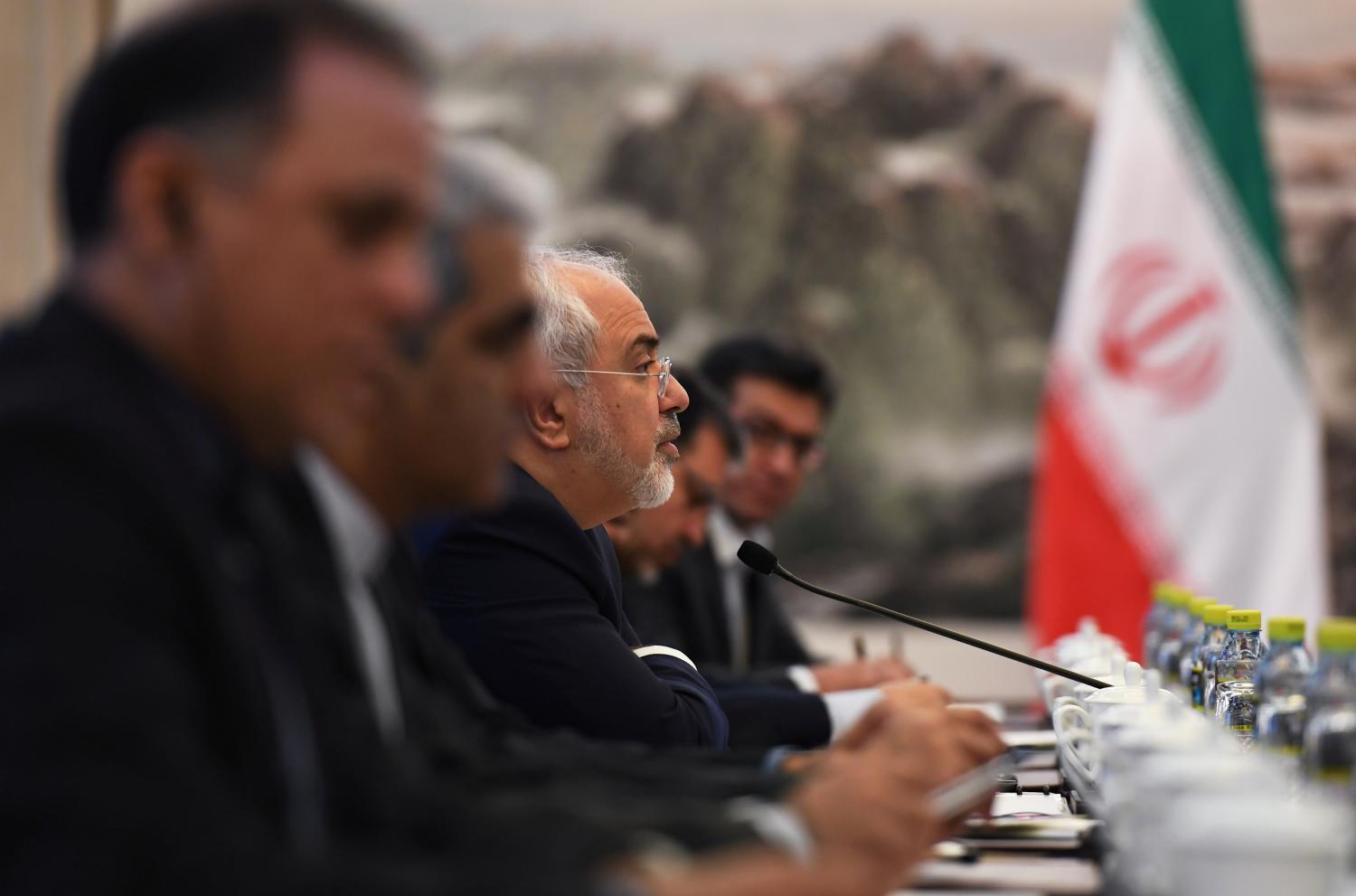
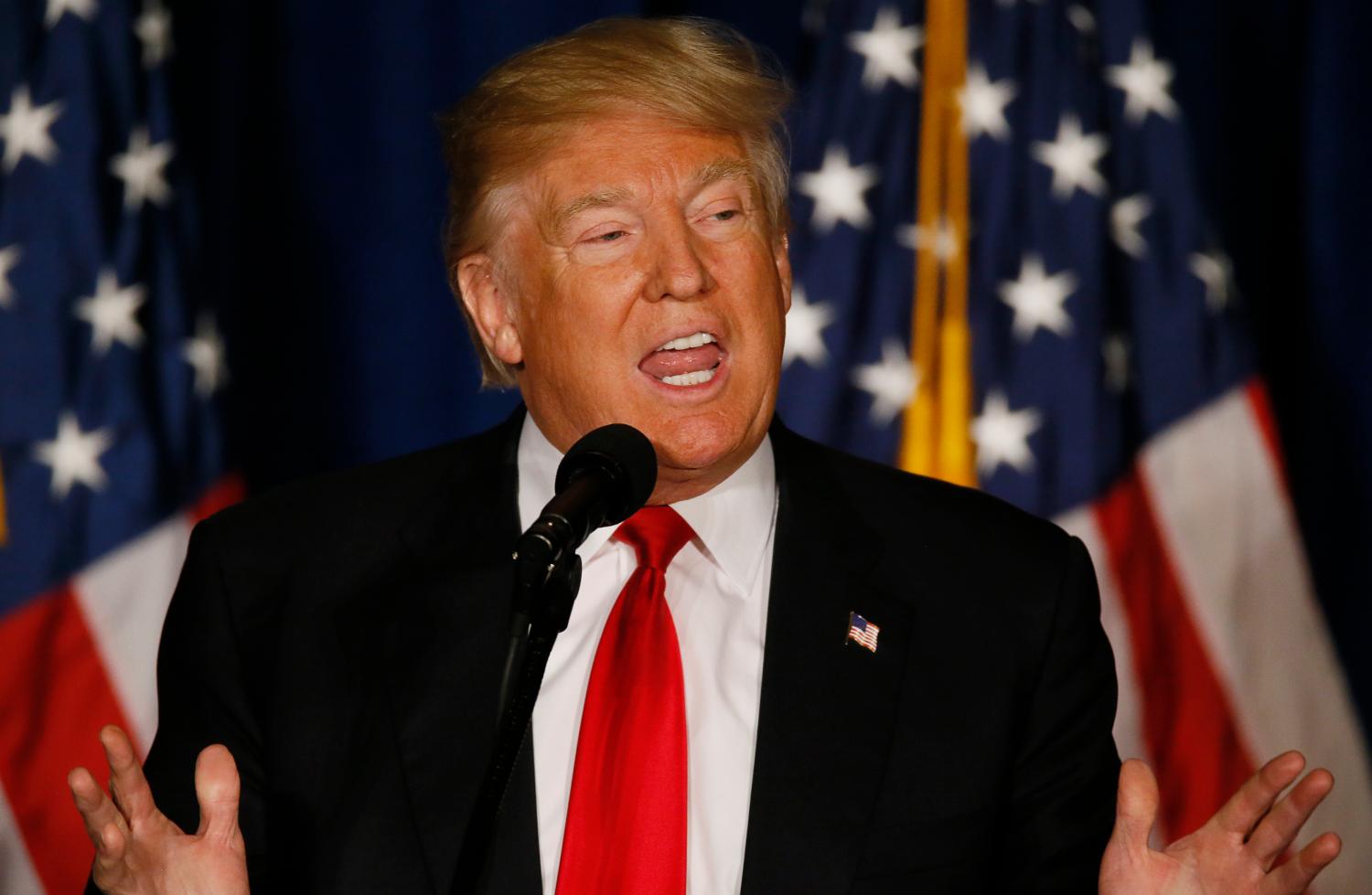
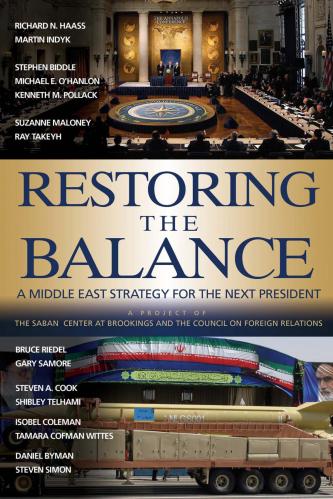
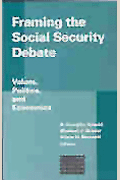
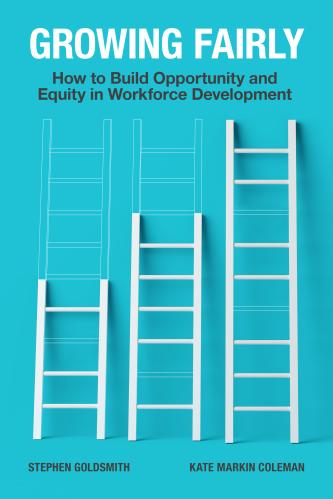
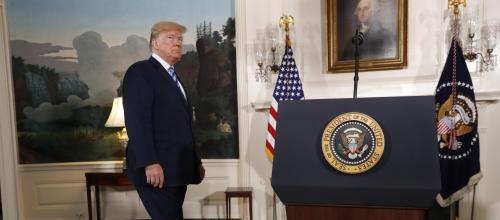
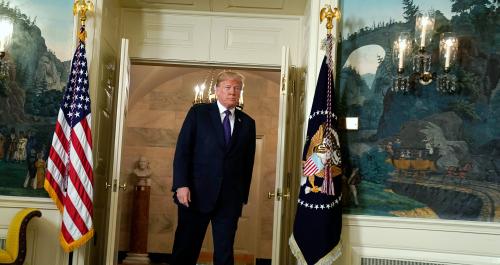
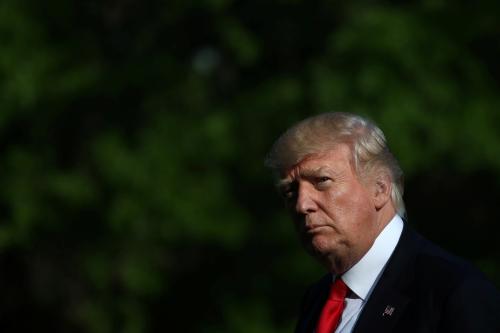




Commentary
Trump could gut the Iran deal—but it was vulnerable all along
November 17, 2016